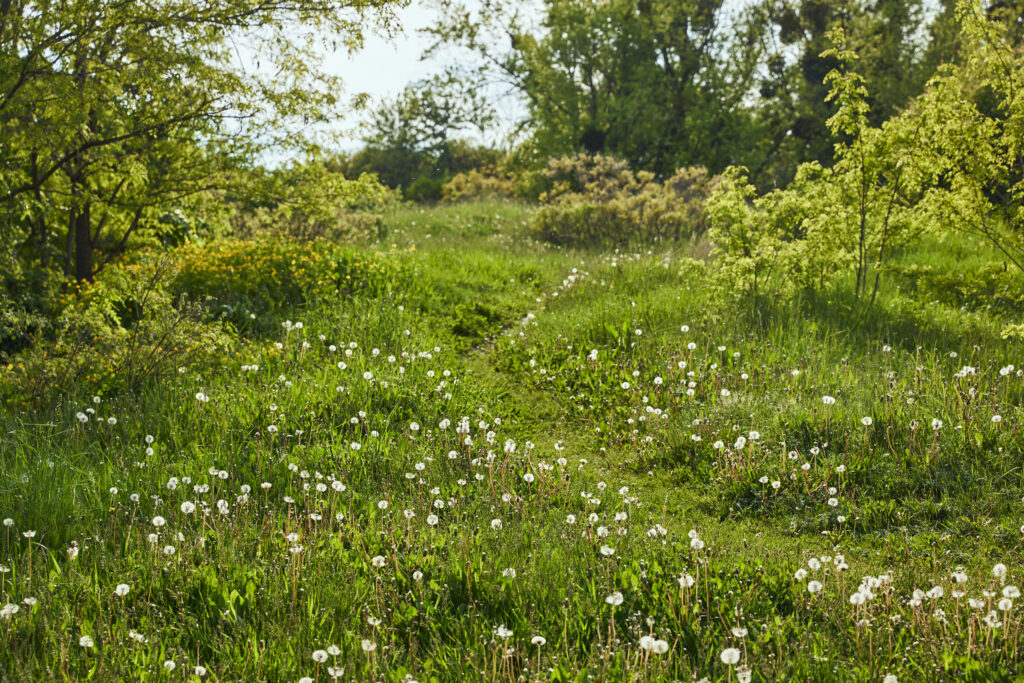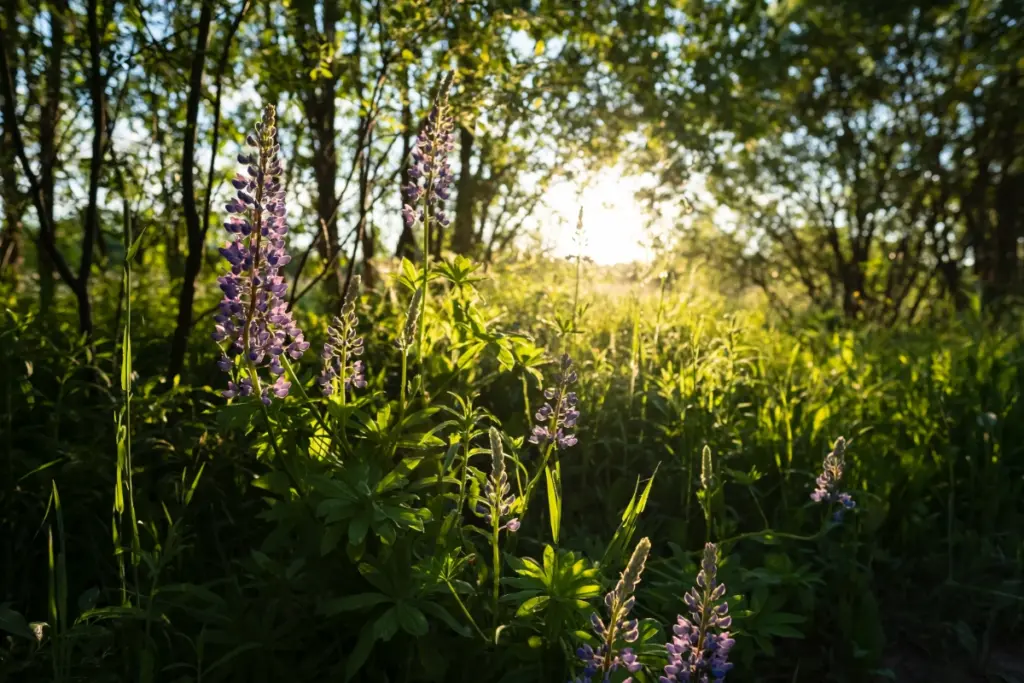When arranging a burial, one term that often causes confusion is the Grant of the Right of Burial. Whether you’re organising a funeral or planning ahead, understanding what this grant means can help you make informed, respectful choices—especially if you're considering a natural burial ground.
In this guide, we’ll explain what the Grant of the Right of Burial is, how it differs from owning a grave, what rights it gives you, and how it applies to eco-friendly and natural burials in the UK.
What Is the Grant of the Right of Burial?
The Grant of the Right of Burial is a legal document that gives a person the exclusive right to be buried in a specific grave for a set period of time. It does not give ownership of the land itself—but it does give the holder certain rights over how that grave space is used.
In simple terms: you don’t own the ground, but you do have the right to be buried there, and to choose who else (if anyone) can be buried in the same plot.
This grant is issued by the authority or organisation that owns or manages the burial ground—whether that’s a local council, private cemetery, or natural burial site.
What Does the Grant of Right Include?
When you hold a Grant of the Right of Burial, you typically have the right to:
-
Be buried in the specific grave plot
-
Authorise the burial of others in the same plot (if space allows)
-
Install and maintain a memorial (in cemeteries that allow them)
-
Be consulted about future use or disturbance of the plot
-
Renew the right after the initial lease period expires
For natural burial grounds, some of these points may differ—especially regarding memorials, as many eco-burial sites do not permit headstones.
How Long Does the Right Last?
In the UK, the Right of Burial is usually granted for a fixed term, commonly:
-
50 years
-
75 years
-
99 years
This term can sometimes be renewed at the end of the period, subject to the burial ground’s policies and fees. If not renewed, the burial still remains undisturbed, but future use of the grave space may be decided by the site owner.
Natural burial grounds may offer in-perpetuity options, where the land is protected long-term for conservation. Always ask what the terms are before securing a plot.
Is the Grant the Same as Owning a Grave?
No. You are not buying land—you are purchasing the exclusive right to use a specific plot for burial. The land remains under the ownership and management of the burial ground provider.
Think of it as a lease or licence, not a sale.
How Does This Apply to Natural Burial Grounds?
Natural burial grounds also operate using Grants of Burial Rights, but they may:
-
Avoid long-term leases and offer one-time purchase with simple rights
-
Focus on in-perpetuity burial with conservation goals
-
Limit or prohibit memorials, in line with their eco ethos
-
Record plots using GPS or maps, rather than traditional deeds and stones
Always check with the burial ground for specific terms, especially if you're choosing a woodland, meadow, or eco burial site.
Key Takeaways
-
A Grant of the Right of Burial gives you the exclusive right to be buried in a specific plot—but not ownership of the land.
-
It lasts for a set time (often 50–99 years), after which it can sometimes be renewed.
-
In natural burial grounds, the grant may include conservation-focused or in-perpetuity agreements.
-
Always read the terms carefully and ask questions before securing a plot.
Explore Natural Burial Grounds Across the UK
Search our Directory ➜ Natural Burial Grounds Near Me
Find peaceful, eco-friendly burial grounds near you.
Most Asked Questions
Grant of Burial
Grant of the Right of Burial
Grant of Burial
Burial Ashes
